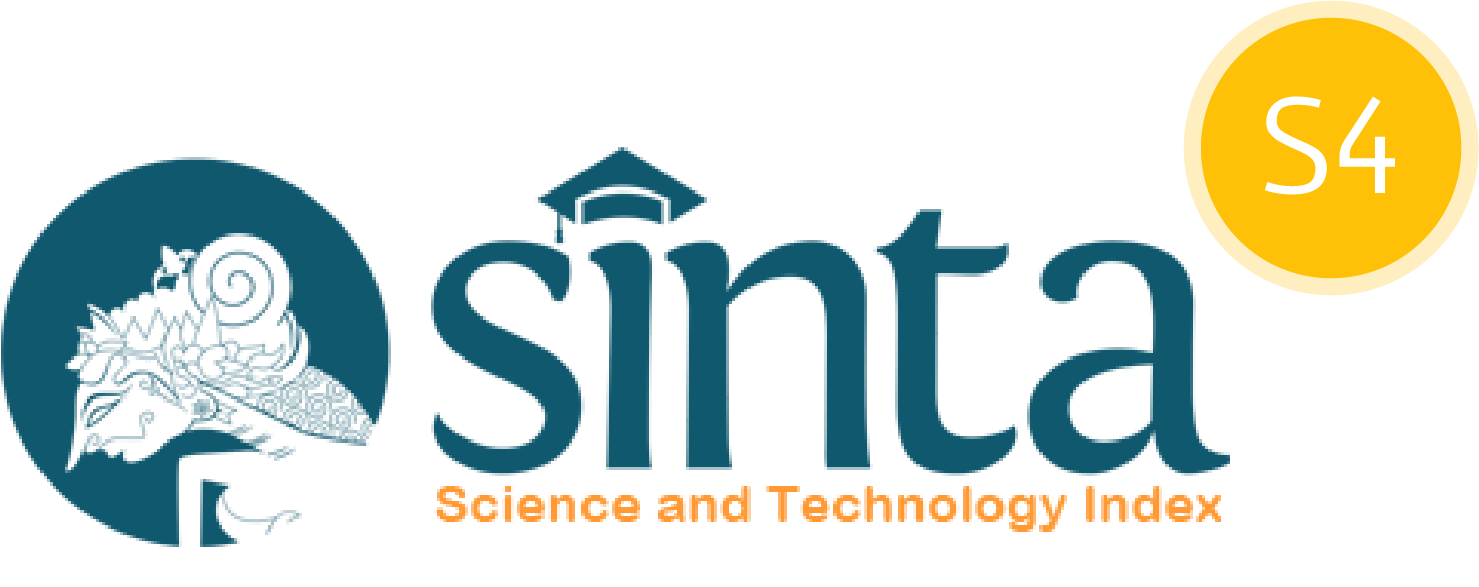Perbandingan Tingkat Pengangguran Terbuka Provinsi di Indonesia Berbasis Metode K-Means Clustering
DOI:
https://doi.org/10.31294/coscience.v2i2.1151Keywords:
clustering analysis, data mining, k-mean, unemploymentAbstract
The problem of unemployment has an impact on poverty, crime, and inequality in living standards. The government needs to anticipate these impacts through various policies. Knowledge is essential in supporting decision-making and policy formulation related to unemployment. Researchers have been mining data to gain new knowledge from Indonesia's Open Unemployment Rate (TPT) data. Continuous exploration of data has the opportunity to gain new knowledge. This study aims to mine Indonesian TPT data from 2016 to 2021. More specifically, look at changes in the 2016-2018 TPT data cluster with the 2019-2021 TPT data cluster. This research is a clustering analysis research using the k-means algorithm. The stages of clustering research consist of 1) data collection, 2) pre-processing, 3) determination of the optimal number of clusters, 4) data clustering with the k-mean, and 5) interpretation of the results of clustering. Based on the k-means clustering analysis of 2016-2018 and 2019-2021 TPT data, there are 23 provinces in cluster 1 (low TPT) and 11 provinces in cluster 2 (high TPT). Only Riau Province rose to cluster 1 (low TPT), and only West Sumatra province dropped to cluster 2 (High TPT). The study's results not only yielded the number of provinces in the high and low clusters but also found out which provinces moved to a higher cluster or vice versa in each TPT data.
Downloads
References
Akramunnisa, A.-, & Fajriani, F. (2020). K-Means Clustering Analysis pada PersebaranTingkat Pengangguran Kabupaten/Kota di Sulawesi Selatan. Jurnal Varian, 3(2), 103112. https://doi.org/10.30812/varian.v3i2.652
Amrullah, W. A., Istiyani, N., & Muslihatinningsih, F. (2019). Analisis Determinan Tingkat Pengangguran Terbuka di Pulau Jawa Tahun 2007-2016. E-Journal Ekonomi Bisnis Dan Akuntansi, 6(1), 43. https://doi.org/10.19184/ejeba.v6i1.11074
BPS. (2022). Tingkat Pengangguran Terbuka Menurut Provinsi. https://www.bps.go.id/indicator/6/543/1/tingkat-pengangguran-terbuka-menurut-provinsi.html
Gustientiedina, G., Adiya, M. H., & Desnelita, Y. (2019). Penerapan Algoritma K-Means Untuk Clustering Data Obat-Obatan. Jurnal Nasional Teknologi Dan Sistem Informasi, 5(1), 1724. https://doi.org/10.25077/teknosi.v5i1.2019.17-24
Johan, K., Marwoto, P. A. N. B., & Pratiwi, D. (2016). Analisis Pengaruh Pertumbuhan Ekonomi, Inflasi Dan Investasi Terhadap Pengangguran Di Indonesia. Ilmiah Progresif Manajemen Bisnis (Jipmb), 13(2), 2032.
Safira, D., Mustakim, M., Lestari, E. D., Iffa, M., & Annisa, S. (2020). Pengelompokan Jumlah Penduduk Sumatera Barat Berdasarkan Angkatan Kerja Menggunakan Algoritma K-Means. Jurnal Ilmiah Rekayasa Dan Manajemen Sistem Informasi, 6(1), 26. https://doi.org/10.24014/rmsi.v6i1.8682
Sardar, T. H., & Ansari, Z. (2018). An analysis of MapReduce efficiency in document clustering using parallel K-means algorithm. Future Computing and Informatics Journal, 3(2), 200209. https://doi.org/10.1016/j.fcij.2018.03.003
Sembiring, F., Rizqi, S. B., Aziz, M. A., & Firmansyah, D. (2019). Analisis Pemetaan Tingkat Pengangguran Di Pulau Jawa Dan Bali Dengan Metode K-Means. 4(1).
Susanto, H., & Sudiyatno, S. (2014). Data mining untuk memprediksi prestasi siswa berdasarkan sosial ekonomi, motivasi, kedisiplinan dan prestasi masa lalu. Jurnal Pendidikan Vokasi, 4(2), 222231. https://doi.org/10.21831/jpv.v4i2.2547
Tanjung, F. A., Windarto, A. P., & Fauzan, M. (2021). Penerapan Metode K-Means Pada Pengelompokkan Pengangguran Di Indonesia. Jurasik (Jurnal Riset Sistem Informasi Dan Teknik Informatika), 6(1), 61. https://doi.org/10.30645/jurasik.v6i1.271
Wardiansyah, M., Yulmardi, & Bahri, Z. (2016). Analisis Faktor-Faktor Yang Mempengaruhi Tingkat pengangguran (Studi kasus provinsi-provinsi Se-Sumatra). E-Jurnal Ekonomi Sumberdaya Dan Lingkungan Vol., 5(1), 1318.
Downloads
Published
Issue
Section
License
Copyright (c) 2022 Rayhan Maliqi, Kursehi Falgenti, Sinta Priani, Fajrul Fithri, Muhammad Suherman, Dwi Satria Nugraha

This work is licensed under a Creative Commons Attribution-ShareAlike 4.0 International License.























